
Posted on April 10, 2019
The Event Horizon Telescope (EHT) — a planet-scale array of eight ground-based radio telescopes forged through international collaboration — was designed to capture images of a black hole. Today (10 April), in coordinated press conferences across the globe, EHT researchers reveal that...

Posted on November 28, 2018
Tshwane Insulin Project (TIP), a collaborative project between various University of Pretoria (UP) departments, will lead an exciting five-year research programme that will explore the use of remote prescribing to help primary care physicians and/or nurses better serve the needs of people living...

Posted on October 11, 2018
There was global excitement when MeerKAT, the biggest radio telescope in the world, was launched in Carnarvon in the Northern Cape in July. But few people could have been as excited as Professor Roger Deane, who heads up the University of Pretoria’s radio astronomy research team in the...

Posted on September 03, 2018
A lioness at the Ukutula Conservation Center (UCC) and Biobank, in South Africa North’s West province has given birth to two cubs conceived via non-surgical artificial insemination (AI), using fresh semen collected from an adult male lion at the same facility.
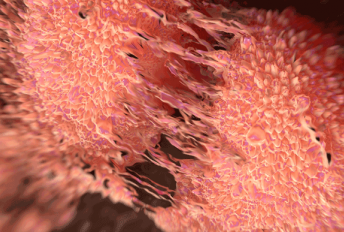
Posted on August 16, 2018
Prof Riana Bornman and Prof Vanessa Hayes, a genomicist focused their research on prostate cancer in black Southern African men of Bantu and Khoisan descent, to better understand the possible links between prostate cancer and African ancestry.
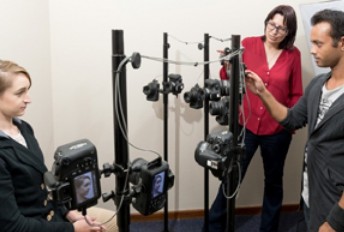
Posted on August 12, 2018
Dr Vinet Coetzee’s main research objective is to create workable health solutions for Africa that can be used in both hospitals and rural areas.

Posted on July 31, 2018
The University of Pretoria (UP) is one of three South African universities taking a novel approach to analysing big data, building capacity and research expertise ahead of the deluge of data expected to come streaming in through new telescopes like the South African Radio Astronomy...
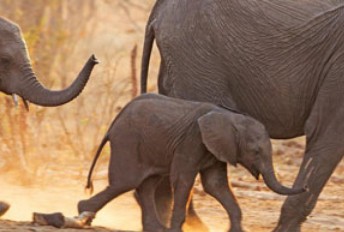
Posted on July 30, 2018
A new study from the Conservation Ecology Research Unit (CERU) at the University of Pretoria set out to unravel migration in the world’s largest terrestrial mammal – the savanna elephant.

Posted on July 27, 2018
A major challenge in cancer research is to find agents that target cancer cells, while leaving healthy cells alone and unharmed. Chemotherapy and radiotherapy treatments can have many undesirable side effects because they damage healthy cells as well.
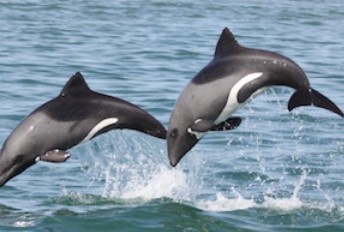
Posted on July 20, 2018
Research led by scientists at the University of Pretoria (UP) has shed light on an evolutionary arms race with a twist.
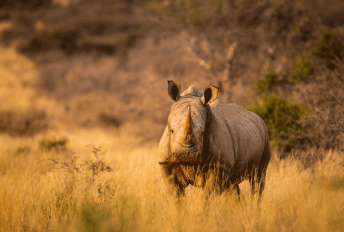
Posted on July 19, 2018
A study by a University of Pretoria researcher into the ablution habits of white rhinos in the Hluhluwe iMfolozi Game Reserve, KwaZulu-Natal, has revealed that these animals use their place of defecation to communicate with each other and take decisions that can affect their ecology.

Posted on July 17, 2018
Prof Roger Deane from the Department of Physics represented UP at the launch of the MeerKAT radio telescope, inaugurated by Deputy President David Mabuza in the Northern Cape.
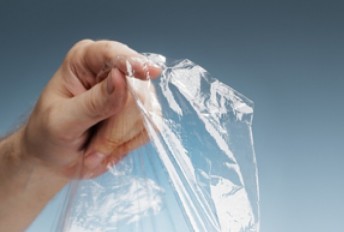
Posted on July 09, 2018
A study by researchers into the presence of potentially dangerous chemicals in eight brands of cling wrap, which is used to package food has revealed that one brand had a high concentration, which may result in adverse health effects and cancer risks.
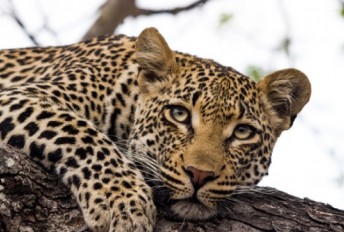
Posted on June 27, 2018
Leopards are versatile predators. These elusive cats can successfully occupy any habitat that supports sufficient numbers of prey species and which provides adequate cover for their ambush-style of hunting.

Posted on June 26, 2018
In an ideal world, a farmer might sell a harvest of fresh produce to families nearby, who would eat that produce within the week.

Posted on June 25, 2018
Lightning is a natural phenomenon that most people do not fully understand. Its magnitude and force is so great that it has the potential to cause devastating destruction, bringing damage to infrastructure, livelihoods and even life.

Posted on May 29, 2018
Over the past few years there has been a steady increase in harmful drug use in the city of Tshwane. Doctors, clinical associates and social workers from the University of Pretoria (UP) realised that there is a major shortage of services in the city to help people who use drugs.
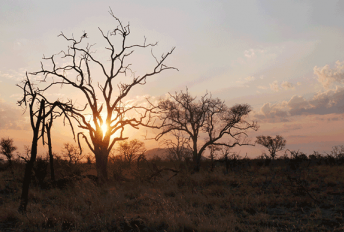
Posted on May 09, 2018
An increase in indigenous plant life does not sound like a bad thing, but when woody plants threaten to change savanna ecosystems (that cover approximately 13.5 million square kilometres of Africa alone), there is cause for concern.
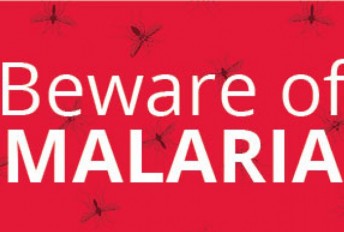
Posted on May 08, 2018
Malaria transmission in South Africa is seasonal and the months of September to May are malaria- or high season months.
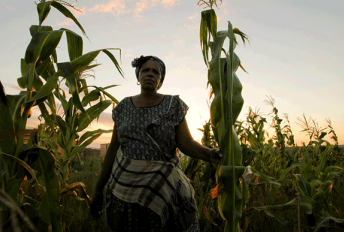
Posted on May 02, 2018
Healthy foods are often expensive and time consuming to prepare. While the diets of lower-income earners are often energy dense, they tend to be low in other nutritional components such as protein, fibre, vitamins, minerals and health-promoting phytochemicals.
Copyright © University of Pretoria 2025. All rights reserved.
Get Social With Us
Download the UP Mobile App